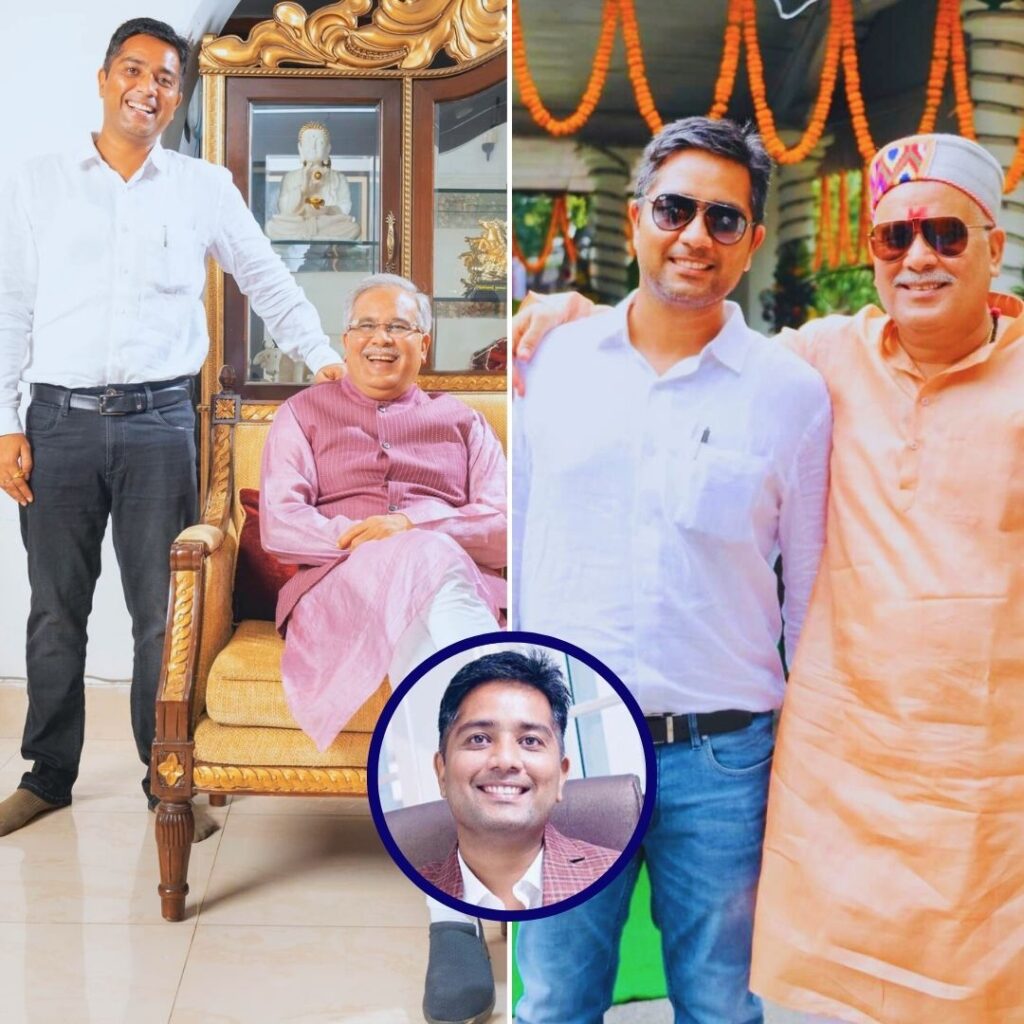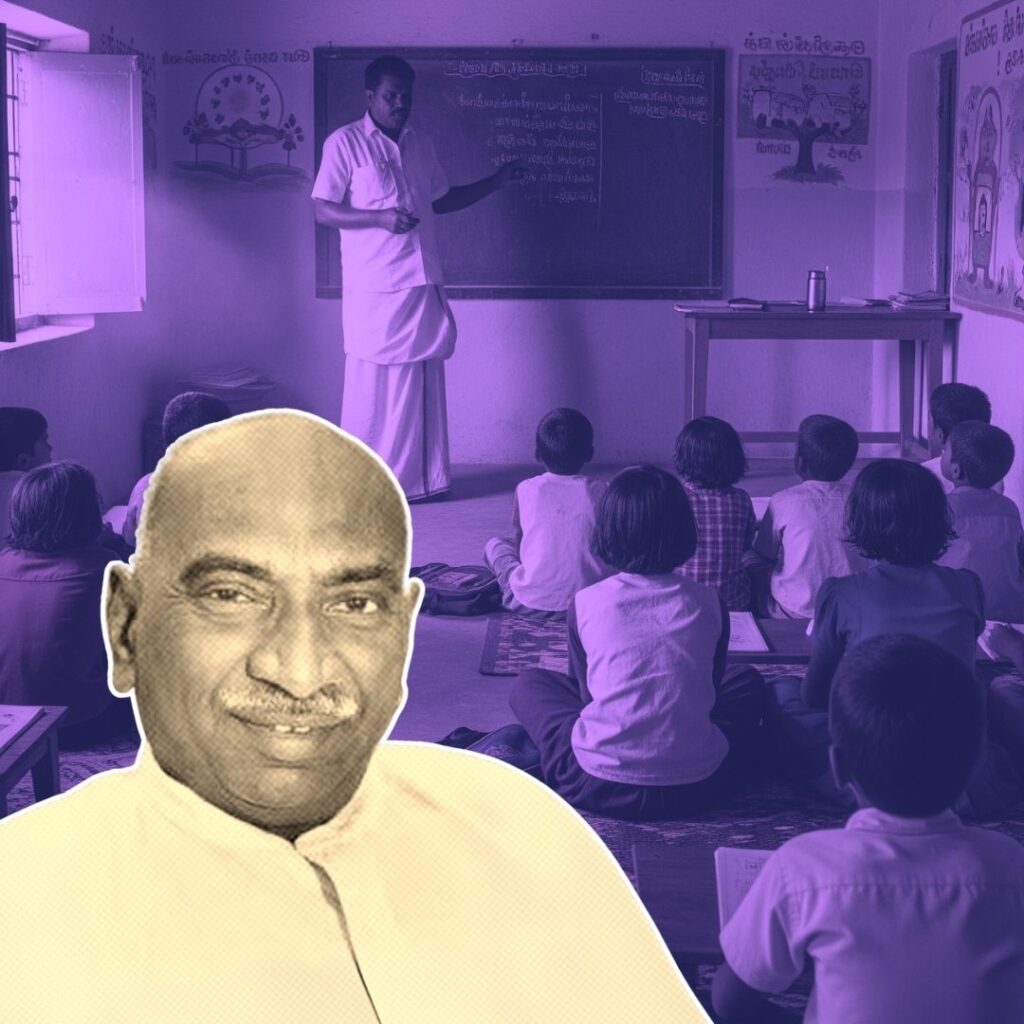Even in this age of rapid urbanisation and technological advancement, the heinous practice of manual scavenging exists in extensive parts of rural India. What is worse is that the people associated with this shockingly degrading profession are treated as social outcasts and are often denied their fundamental human rights. Though the Manual Scavenging Act of 2013 has abolished this derogatory practice by law, many Dalit women are still subjected to carry out manual scavenging.
“It is a matter of national shame as long as even one manual scavenger exists in India”, says Mr Ashif Shaikh, founder of the Jan Sahas Organisation, who has been working tirelessly for over 16 years towards liberating the manual scavengers and other bonded labourers.
Rescued bonded labourers
So far, his organisation has successfully rehabilitated around 31 thousand manual scavengers and bonded labourers and protected them from socio-economic discrimination. Having worked in 200 districts across 18 Indian states, Jan Sahas has also brought the victims into the mainstream of the society – ensuring their financial independence as well.
Village gatherings held by liberated victims How it all began
Mr Ashif Shaikh believes that being born in a Dalit Muslim family; he faced marginalisation in every step of life. This nourished his determination to fight caste-based atrocities. As a student, he started the Sahasi Ekta Group to encourage the involvement of the student community in social development and societal problem-solving. This later paved the way for the foundation of Jan Sahas in 2000.
Achieving the first milestone
In 2001, Mr Shaikh initiated the “National Campaign for Dignity Program to end forced labour” – based on a conducted study to identify various forms of untouchability and discrimination towards the Dalit community. During the survey, he found that the women engaged in manual scavenging practice were directly exposed to human excreta and sewage. Tolerating an extremely unpleasant stench, they collected the waste by their bare hands and carried it in cane baskets to the dump yards. In the scorching summer heat or pouring rains, the waste leaked on their faces and bodies. The work itself was inhuman; moreover, the women endured discrimination and violence as well.
Their families are supposed to be engaged in this work generation after generation. They are prohibited from entering local temples, shops and all other public places. The children are treated as untouchables and do not have access to basic education. “The manual scavengers are untouchables within the untouchables”, Mr Shaikh adds, “Caste is not a practice, but a mindset. The Dalit people, who are mistreated by the upper castes, are meting out a similar treatment towards the manual scavengers.”
Jan Sahas initiated their work from Bhaurasa in Madhya Pradesh, where in one year they convinced 26 women to give up manual scavenging. The children played a huge role by narrating their experiences of harassment and convincing their mothers against it.
“The women burned their baskets as a symbol to boycott the ill practice”, recalls Mr Shaikh.
The NCDP campaign: following Babasaheb Ambedkar’s footsteps
The core strategy of Jan Sahas has been community empowerment, as devised once by Dr B.R. Ambedkar, the pioneer in the fight against caste and casteism. The first group of liberated women were trained to be community leaders who travelled to adjacent villages creating awareness among other forced labourers. They were treated as role models by the next group of villagers. Today, the group has grown into an active organisation that is doing remarkable work towards abolishing social discrimination and gender disparity.
Providing alternate employment opportunities
Their working methods are unique. For example, when a group of volunteers comprising liberated victims reach a village, they invite every villager for a gathering. Sharing snacks and listening to the caste-challenging ideas, the community is made to realise their plight in bondage. They can free themselves from this inhuman norm only when they understand that they are victims of social evil.
In 2013, Jan Sahas embarked on a cross-country march covering 230 districts, led by former manual scavengers. They mobilised other non-profit entities to follow a similar model to bring an end to the menace of manual scavenging.
Another milestone of success came through the “barefoot paralegals”. About 65% of the former victims emerging from the very bottom have been meticulously trained to become advocates who communicate with the other victims and represent them to ensure justice. As a matter of fact, due to efforts of the “barefoot paralegals”, the rate of conviction in sexual crimes against Dalit women have risen from 2% to 38% within a few years.
Jan Sahas also ties up with Government schemes or private sector organisations to teach the children, to train th…











